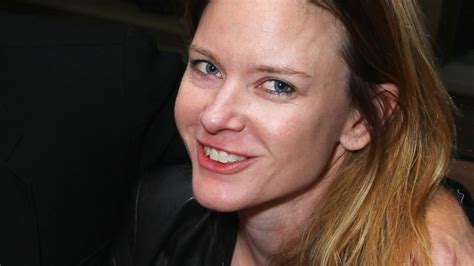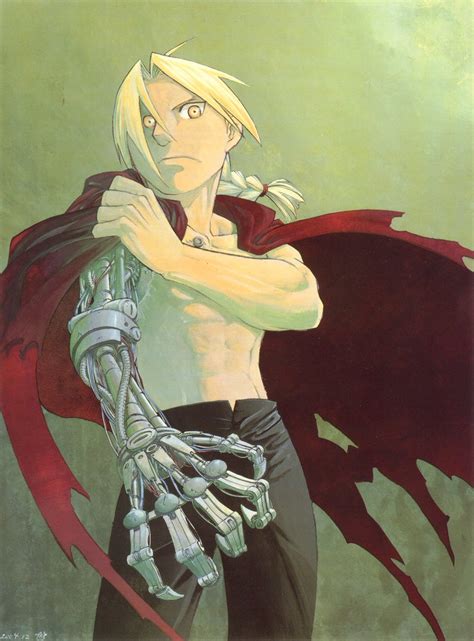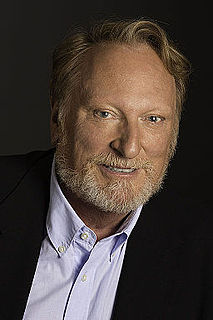A Quote by Justine Musk
The world gives you money in exchange for something it perceives to be of equal or greater value: something that transforms an aspect of the culture, reworks a familiar story or introduces a new one, alters the way people think about the category and make use of it in daily life.
Related Quotes
I knew that there was an aspect to this story that was beyond the typical and that it was something very important about America, about our culture, and about bringing a story to a new generation that perhaps didn't know the details of it, (and) hadn't had the visceral experience that this film is [42].
The way I make art - the way a lot of people make art - is as an extension of language and communication, where references are incredibly important. It's about making a work that is inspired by something preexisting but changes it to have a new value and meaning that doesn't in any way take away from the original - and, in fact, might provide the original with a second life or a new audience.
Do you realize that the 850 billion dollar bank bailout, that sum of money is greater than the entire 50 year running budget of NASA. And so when someone says, 'We don't have enough money for this space probe.' No, it's not that you don't have enough money. It's that the distribution of money that you're spending is warped in some way that you are removing the only thing that gives people something to dream about tomorrow.
Money is different from all other commodities: other things being equal, more shoes, or more discoveries of oil or copper benefit society, since they help alleviate natural scarcity. But once a commodity is established as a money on the market, no more money at all is needed. Since the only use of money is for exchange and reckoning, more dollars or pounds or marks in circulation cannot confer a social benefit: they will simply dilute the exchange value of every existing dollar or pound or mark.
You'll also hear about the widening gap in the educated and the uneducated. The liberals will all say, "We must do something about it" and some in our population swoon, "Oh, yes, it's so unfair, and so unfortunate, and we've gotta do something about the inequality." So the Democrats then have their reason to do something about it, and the way they go about it is not trying to make people equal at all. The way they go about it is not even rooted in changing inequality, at the end of the day. The way they go about it is destructive for everybody.
In translation studies we talk about domestication - translation styles that make something familiar - or estrangement - translation styles that make something radically different. I use a lot of both in my translation, and modernism does both. For instance, if you look at the way James Joyce presents Ulysses, is that domesticating a classic? Think of it as an experiment in relation to a well-known text in another language.
In any case, do you really think kids even want something that is relevant to their daily lives? You think something practical like compound interest is going to get them excited? People enjoy fantasy, and that is just what mathematics can provide - a relief from daily life, an anodyne to the practical workaday world.
Making money isn't the main point of business. Money is a by-product.... A new product has been found, something of use to the world. A new industry moves into an undeveloped area. Factories go up, machines go in and you're in business. It's coincidental that people who've never seen a dime now have a dollar and barefooted kids wear shoes and have their faces washed. What's wrong with an urge that gives people libraries, hospitals, baseball diamonds and movies on a Saturday night?
Yeah, obviously we use vampires as a metaphor for something else, something deeper than just the supernatural. But there's just something about the bloodsucking walking dead, that can say so much to people. There are really so many people trying to get control over you on a daily basis and steal your soul in some way, take a part of you.



































